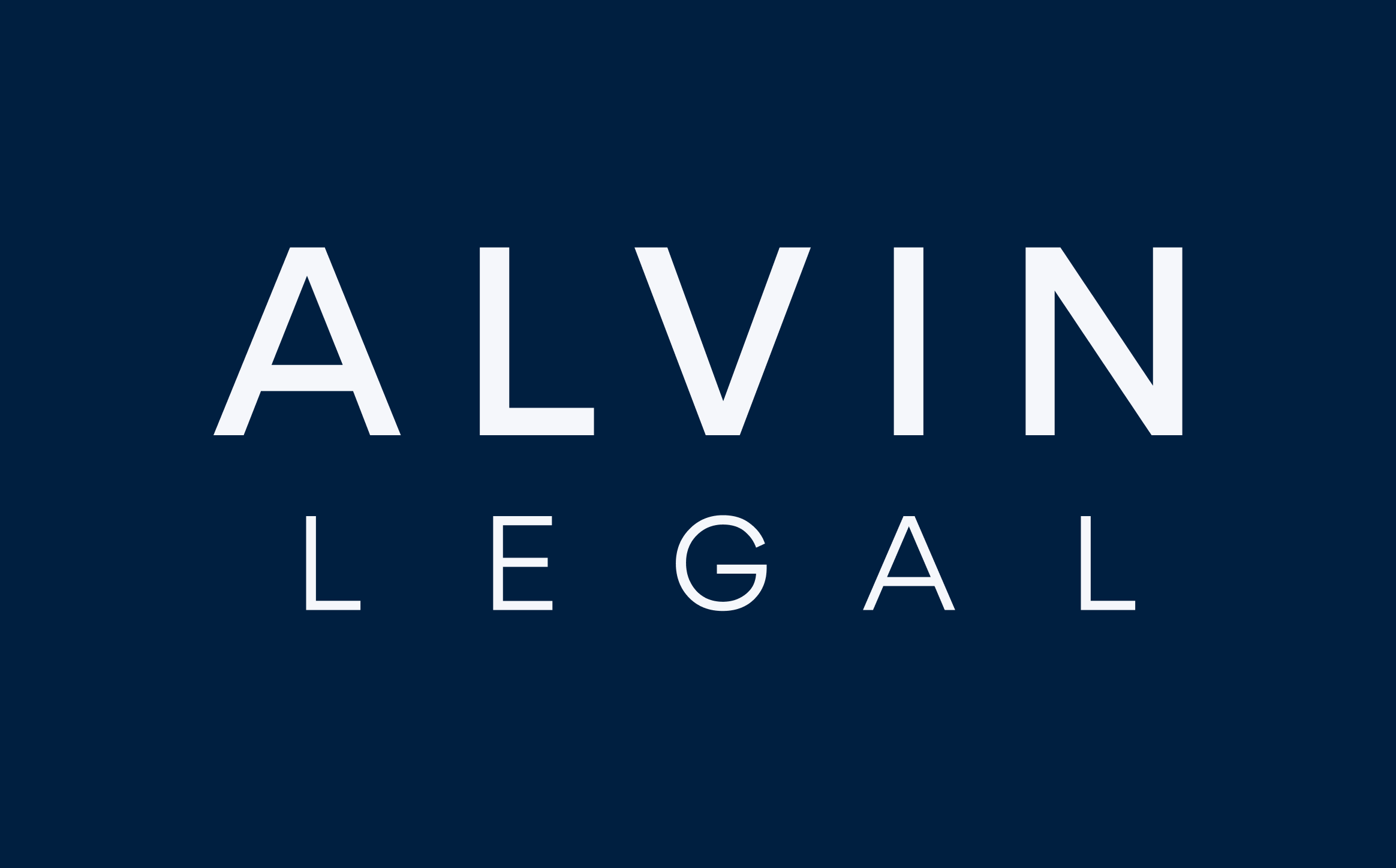Picking the right lawyer for your startup is as crucial as picking the right co-founders, considering the important role your lawyer will play in helping you scale your startup.
There are many different types of lawyers, so it can be difficult to identify a lawyer that is the best fit for your startup and can develop a strong long-term relationship with you.
Here are five things you should consider when choosing a startup lawyer.
Find a Trusted Partner
When choosing a startup lawyer, it is important to find someone who is going to be in it with you for the long haul. A trusted partner will be someone who understands your startup and who will proactively manage legal issues to remove roadblocks that would otherwise hinder your startup’s growth or create unnecessary legal risks.
Find a Lawyer Who Understands Startups
Many lawyers often confuse startups with small businesses. It is vital to ensure that you find a lawyer who understands the difference between startups and small businesses, so that the lawyer can help you through each stage of the startup life cycle. A startup lawyer should be able to help you with incorporating your startup, bringing on co-founders and employees, raising capital and achieving a successful exit event, as well as being able to handle any day-to-day agreements with customers, partners and suppliers.
Consider The Law Firm’s Size
Law firms come in all shapes and sizes, from solo practitioners, small speciality firms, and all the way up to global law firms.
The size of the firm will often determine how your startup lawyer will work with you. Generally solo practitioners and small law firms will offer more personalised service for startups, at a fraction of the cost. As business owners themselves, solo practitioners and smaller law firms can offer more than just legal advice.
As your startup scales, it may become necessary to involve a larger law firm for one-off projects. Blending smaller firms and larger firms is a good option for high growth startups, as it can offer you a highly specialized mix of expertise. For this to work, you need firms who are willing to collaborate, with the smaller law firm offering day-to-day counsel, and the larger firm coming in when needed.
Seek Referrals From Other Startup Founders
Personal references and positive reviews are a great way to assess a firm’s quality of service. However, it is important to evaluate the suitability of the recommendations you receive. For example, if a friend refers you to a lawyer who helped them out on an isolated project several years ago, then the prospective candidate may not be an ideal fit for your current venture. It is important to find a lawyer who has worked successfully with other startups. The best way to do this is to seek referrals from other startup founders.
Know The Costs
When it comes to selecting a startup lawyer, the issue of cost is among the main worries most early-stage founders face. Knowing how much the services of your new lawyer will cost you is vital. Some lawyers prefer working on hourly rates, while others provide fixed pricing for their services. Each of these methods will vary based on the project.
Ask Questions
Some key questions you should ask your prospective startup lawyer include:
- How many years of experience do they have as a lawyer? Can they help your startup with significant milestones (e.g. bringing on co-founders, capital raising and exit events), or can they only handle day-to-day legal work (e.g. commercial agreements)?
- What is the firm’s mode of working? Will you deal directly with a senior lawyer, or will you be assigned a junior lawyer? Who will communicate with you?
- How do they communicate with their clients? What is your contact person’s maximum response time? Are they responsive?
- How many long-term clients does the lawyer or firm have?
- What is the firm’s view about long-term client relationships?

